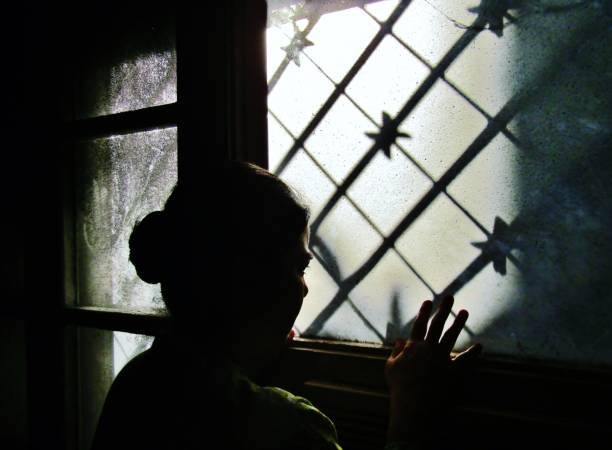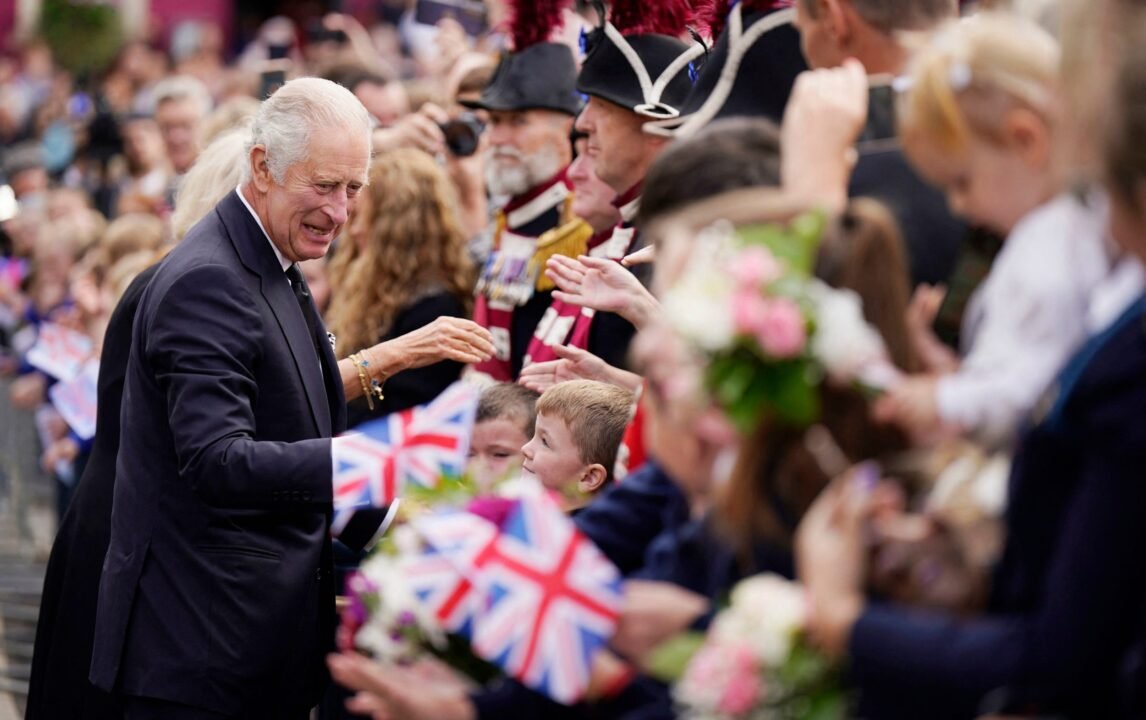By: Dr Ratan Bhattacharjee
Queen Elizabeth II has been buried in the next to Prince Philip, her husband of more than 70 years, capping an elaborate state funeral. It was invested with all the pomp, circumstance and showmanship that the monarchy, military and state could put on display for a global broadcast audience of millions. When Prince Edward, the youngest son of Queen Elizabeth II, visited Antigua and Barbuda in April this year, the country’s prime minister told him that the nation, one of 15 in which the British monarch is head of state, wished to “one day” become a republic. In Canada, Prime Minister Justin Trudeau remembered Elizabeth II as “One of my favourite people in the world.” She was head of state for nearly half of the country’s existence, present at seminal moments in its history. After the queen’s death last week, Prime Minister Gaston Browne revealed a timeline: He plans to hold a referendum on casting off the monarchy “probably” within the next three years. “I cannot mourn the leader of a racist empire built on stolen lives, land and wealth of colonized peoples,” Greens Senator Mehreen Faruqi tweeted. “We are reminded of the urgency of Treaty with First Nations, justice & reparations for British colonies and becoming a republic. “Thomas Paine in Common Sense wrote, “Government, like dress, is the badge of lost innocence; the palaces of kings are built on the ruins of the bowers of paradise.”
Still English people are proud of retaining monarchy. Queen Elizabeth who passed away at 96 was a unifying figure and more beloved than her son, King Charles III. Leaders across the Commonwealth, an association of 56 nations, most of them already republics, expressed sadness over the monarch’s death. But many of those countries, former outposts of the empire, have also been engaged in a public reckoning over the legacies of colonialism, including calls for atonement, reparations and independence. Bahamas Prime Minister Philip Davis is of the opinion that a referendum on becoming a republic is “always on the table.” But the end of Empire did not bring an end to the consequences of empire. Historians and advocates for reparations say inequities in wealth, education and health care in many realms are rooted in colonialism. But while polls show declining support for the constitutional monarchy, the bar for declaring a republic is high: it would require a constitutional amendment backed by both houses of Parliament and all 10 provincial legislatures. Prime Minister James Marape’s heartfelt eulogy hinted at difficult times ahead. “Her Majesty was the anchor that held our country within the Commonwealth,” he wrote.
Elizabeth II was the Queen of the United Kingdom and other Commonwealth realms from 6th February 1952 until her death in 2022. She was queen regnant of 32 sovereign states during her lifetime and 15 at the time of her death. Elizabeth surpassed her great-great-grandmother, Queen Victoria, to become the longest-lived British monarch on 21st December 2007, and the longest – reigning British monarch and longest-reigning queen regnant and female head of state in the world on September 9th, 2015. She became the oldest current monarch after King Abdullah of Saiudi Arabia who died on 23rd January 2015. She later became the longest-reigning current monarch and the longest –serving current head of state following the death of King Bhumibol of Thailand on October 13th, 2016 and the oldest current head of state on the resignation of Robert Mugabe of Zimbabwe on Nov 21st 2017. On 6 February 2017, she became the first British monarch to commemorate a Sapphire Jubilee and on 20th November, she was the first British monarch to celebrate a platinum wedding anniversary.
Denis Diderot once said “Men will never be free until the last king is strangled with the entrails of the last priest.” Still England upheld monarchy for ages. On 19 March 2020, as the Covid 19 pandemic hit the United Kingdom Elizabeth moved to Windsor Castle and sequestered there as a precaution. Public engagements were cancelled and Windsor Castle followed a strict sanitary protocol nicknamed “HMS Bubble”. On 8th September 2022, Buckingham Palace announced that Elizabeth was under medical supervision at Balmoral Castle after doctors expressed concern. The statement read: “Following further evaluation this morning, the Queen’s doctors are concerned for Her Majesty’s health and have recommended she remain under medical supervision. The Queen remains comfortable and at Balmoral. Elizabeth’s four children, along with her daughters-in-law Camilla and Sophie and grandsons William and Harry, travelled Baltimore. Her death was confirmed two hours later at 18:30 BST setting in motion Operation London Bridge and, because she died in Scotland, Operation Unicorn. Her state funeral was held at Westminster Abbey at 11 BST 19th September 2022, and she was interred at the King George VI Memorial Chapel part of St. George’s Chapel at Windsor Castle. Elizabeth rarely gave interviews and little was known of her personal feelings. She did not explicitly express her own political opinions in a public forum, and it is against convention to ask or reveal the monarch’s views. Elizabeth was patron of more than 600 organisations and charities.
The Charities Aid Foundation estimated that Elizabeth helped raise over £1.4 billion for her patronages during her reign. In the 1950s, as a young woman at the start of her reign, Elizabeth was depicted as a glamorous “fairytale Queen”. After the trauma of the Second World War, it was a time of hope, a period of progress and achievement heralding a “new Elizabethan age”. Polls in Britain in 2006 and 2007 revealed strong support for the monarchy, and in 2012, Elizabeth’s Diamond Jubilee year, and her approval ratings hit 90 per cent.
While no major Australian politician has yet said so, the death of Queen Elizabeth II is set to rekindle the monarchy versus republic debate in the country. Queen Elizabeth II was also the Head of State of Australia, which is an independent self-governing constitutional country but retains the British monarch as the head of state. It is one of the 14 countries forming the Commonwealth realms which have the British monarch as their head of state. The monarchy versus republic debate is set to be rekindled as many regarded Australians’ respect and affection for the late Queen as the biggest obstacle to the country becoming a republic with its own head of state. Now after her death and with a pro-republic Labour Party government in power, Australia’s constitutional ties to the British monarchy will again be open to first-order debate for the first time since change was rejected at a 1999 referendum. But inside England no such question has cropped up. Princess Diana once said, “It’s vital that the monarchy keeps in touch with the people. It’s what I try and do.” (The author is a senior academician and trilingual columnist and poet wrote this obituary and he may be reached at profratanbhattacharjee@gmail.com)







